Learn how to use up eggs, either in recipes that call for a lot of eggs or preserving them. Owning chickens can come with an abundance of eggs, or barely any, so why not preserve them while there are plenty.
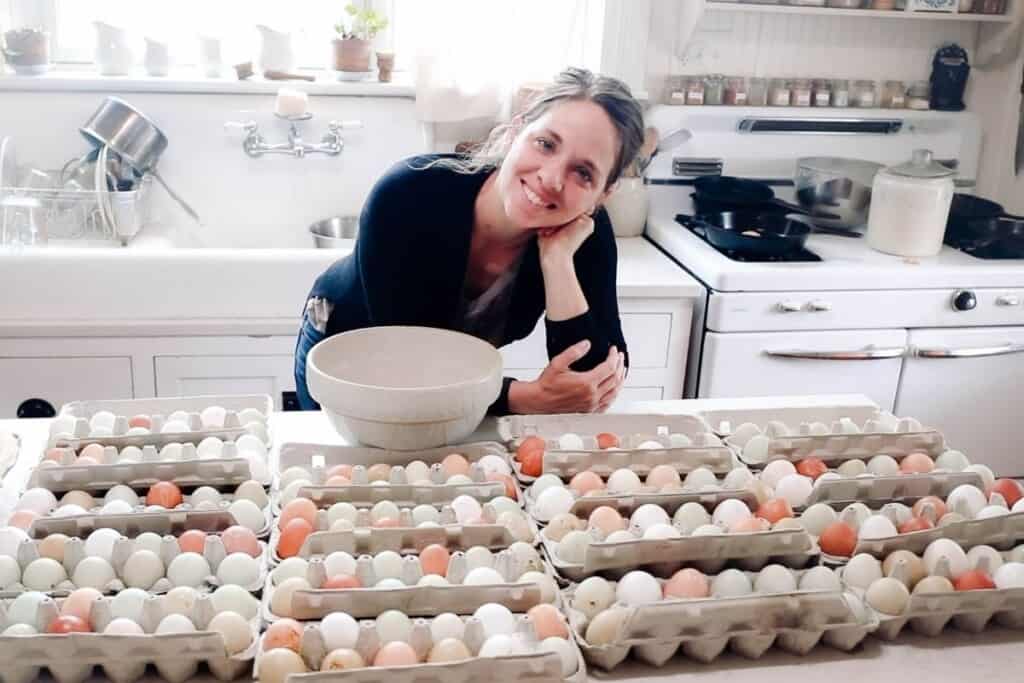
It is egg season around here. You may not think of eggs a seasonal food, but hens substantially slow down their production during the winter when the days get short.
The amount of daylight has a significant effect on their production, so when the days start getting longer they start picking up the pace. It has made us realize just how many chickens we truly have.
Last year at this time, I picked up 30 plus new chicks and we didn’t see much production from them all year. They take several months to start laying and as soon as you get to that point it is dark again and their production slows.
As soon as those days got longer, the eggs really started coming in. We were getting at least one dozen, sometimes two dozen a day. Truthfully, my family eats a lot of eggs, typically about a dozen a day. But, they started piling up.
Today, I’m going to show you how make some recipes that use a lot of eggs and how to preserve them.
FAQ:
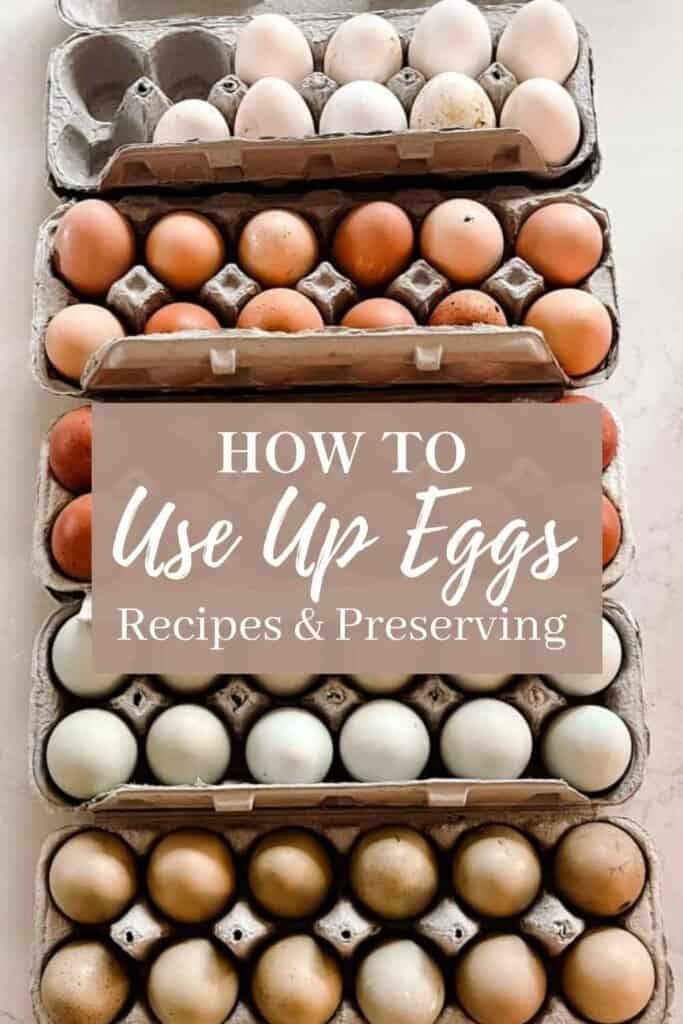
What to do with a bunch of eggs about to expire?
Freeze them, use them in recipes, hard boil them for quick snacks or lunches, pickle them. Just use them up before they go bad.
Can you freeze eggs?
Yes. Eggs are very easy to freeze and you only really need two ingredients. See below for complete instructions on how to freeze eggs.
How long will eggs last in the refrigerator?
4-5 weeks. Egg whites – up to 4 days, Egg yolks – up to two days, whole cracked eggs – up to 2 days.
Can you freeze boiled eggs?
Boiled eggs do not freeze well. They tend to get tough and kind of gross.
This post contains affiliate links, which means I make a small commission at no extra cost to you. See my full disclosure here.
What can I make to use up a lot of eggs? Recipes That Use A Lot Of Eggs:
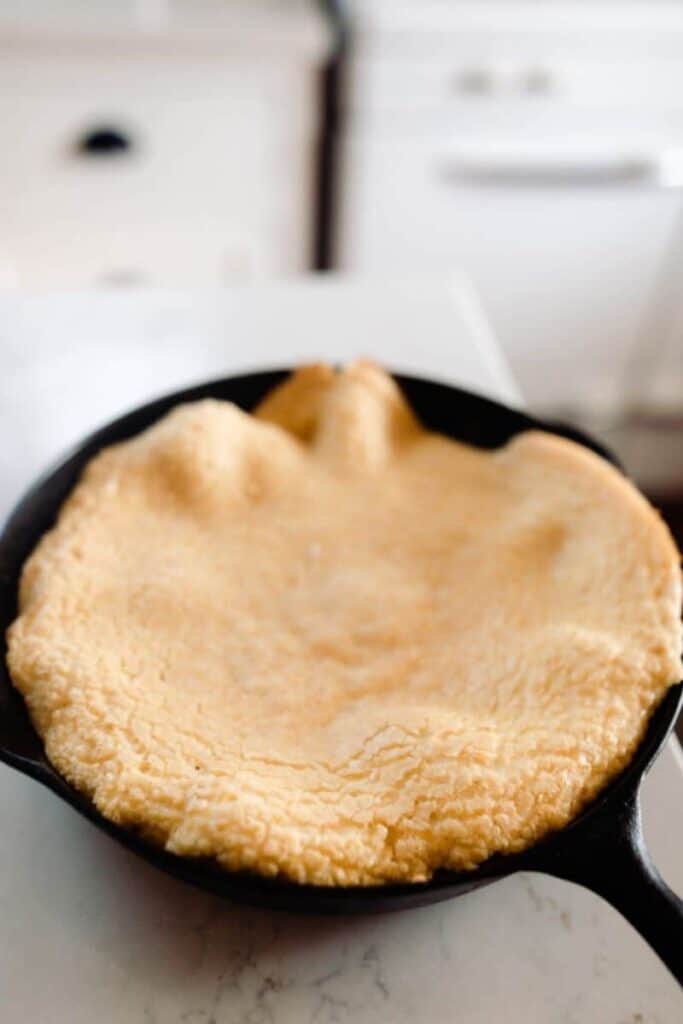
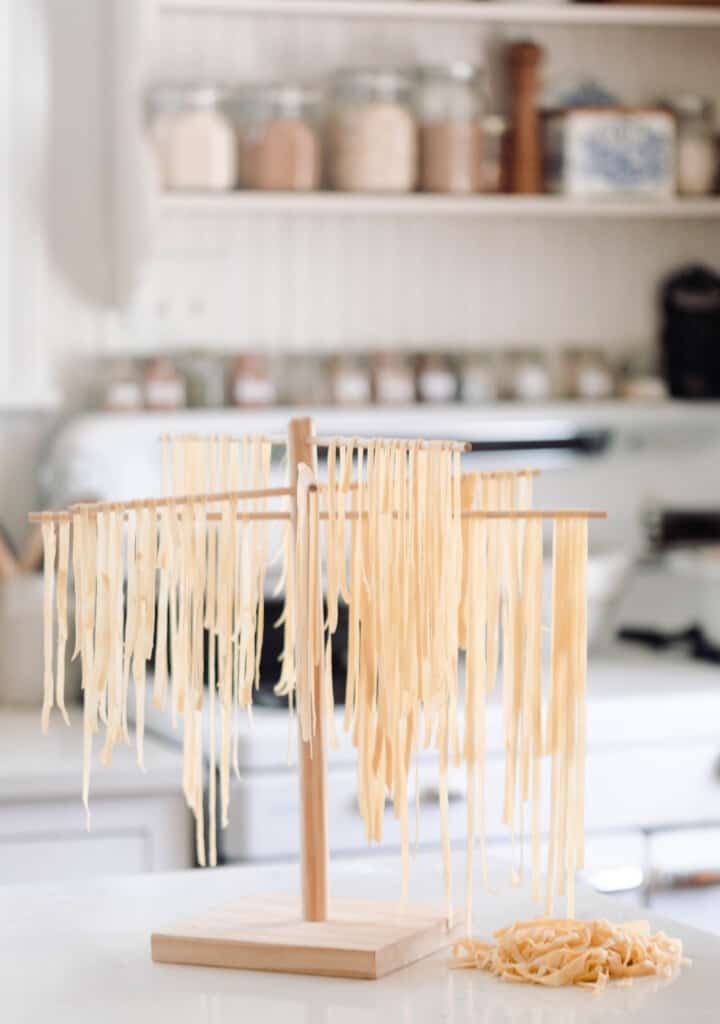
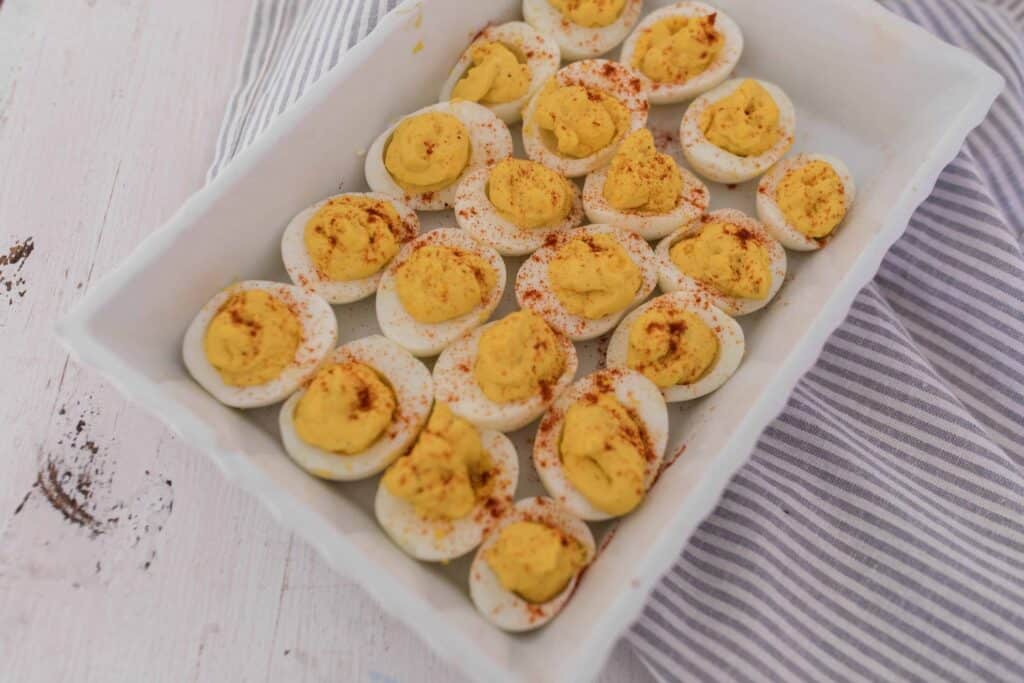
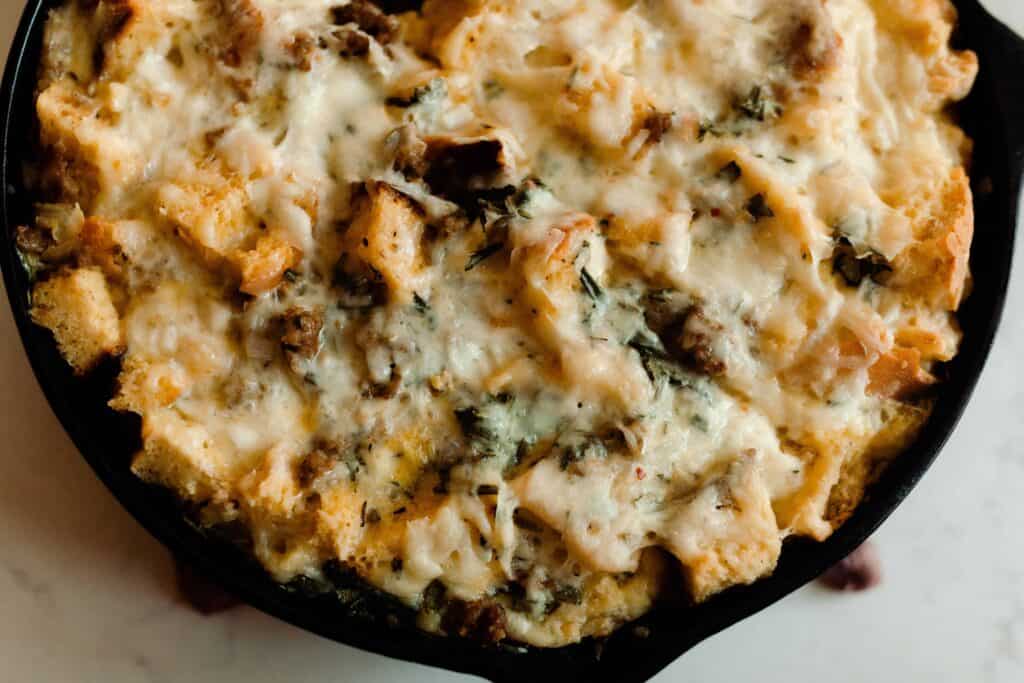
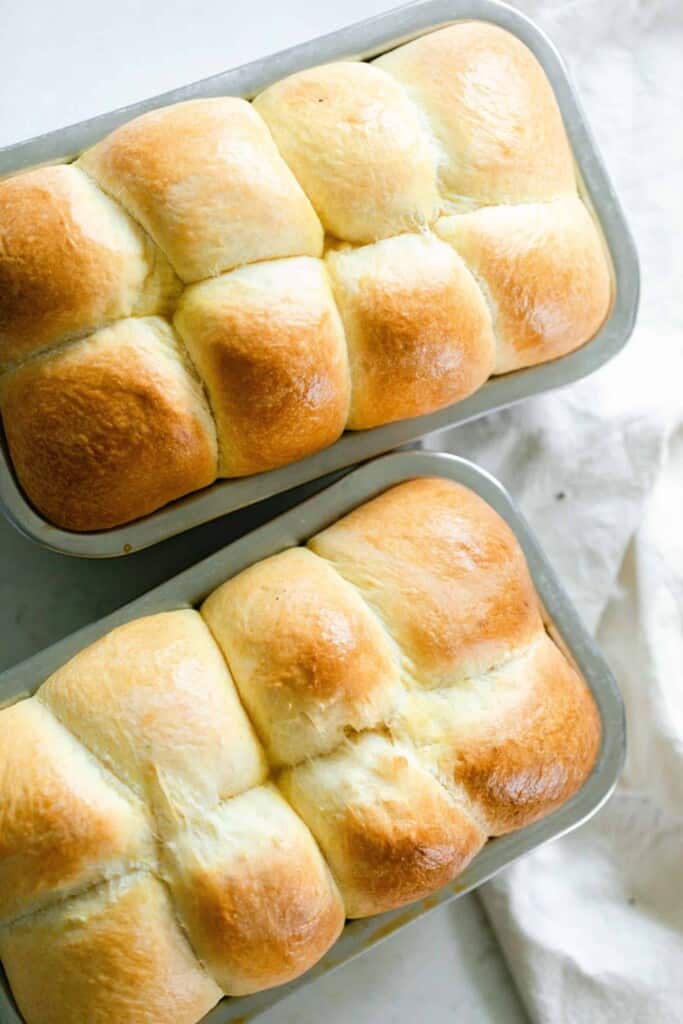
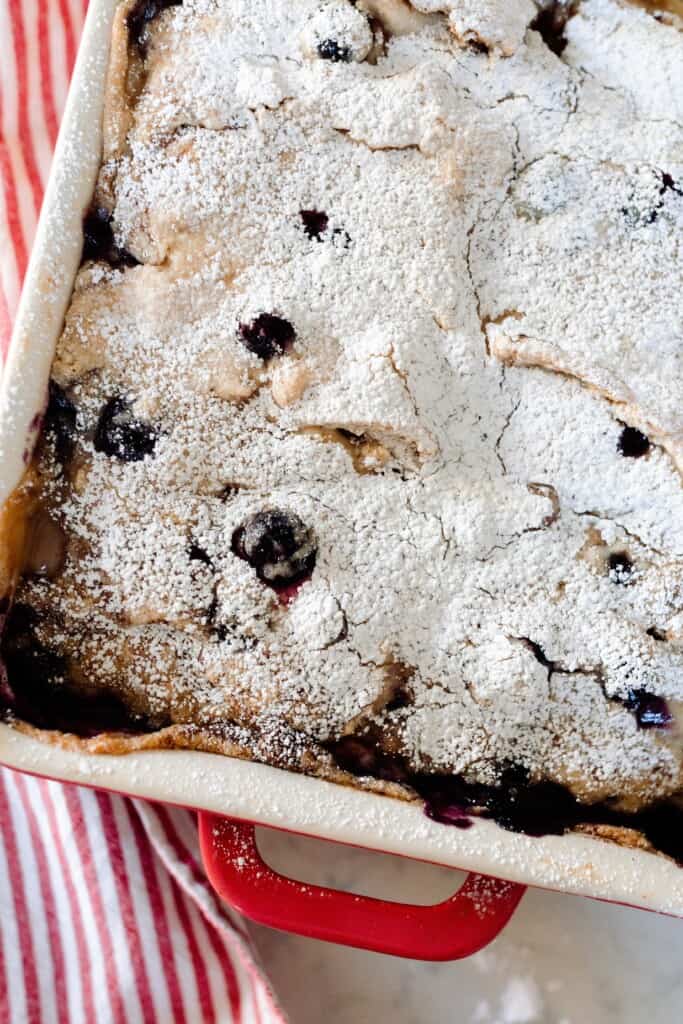
French Toast Casserole
Mascarpone Stuffed Sourdough French Toast Casserole, Cranberry French Toast Casserole, Cinnamon Apple French Toast Casserole
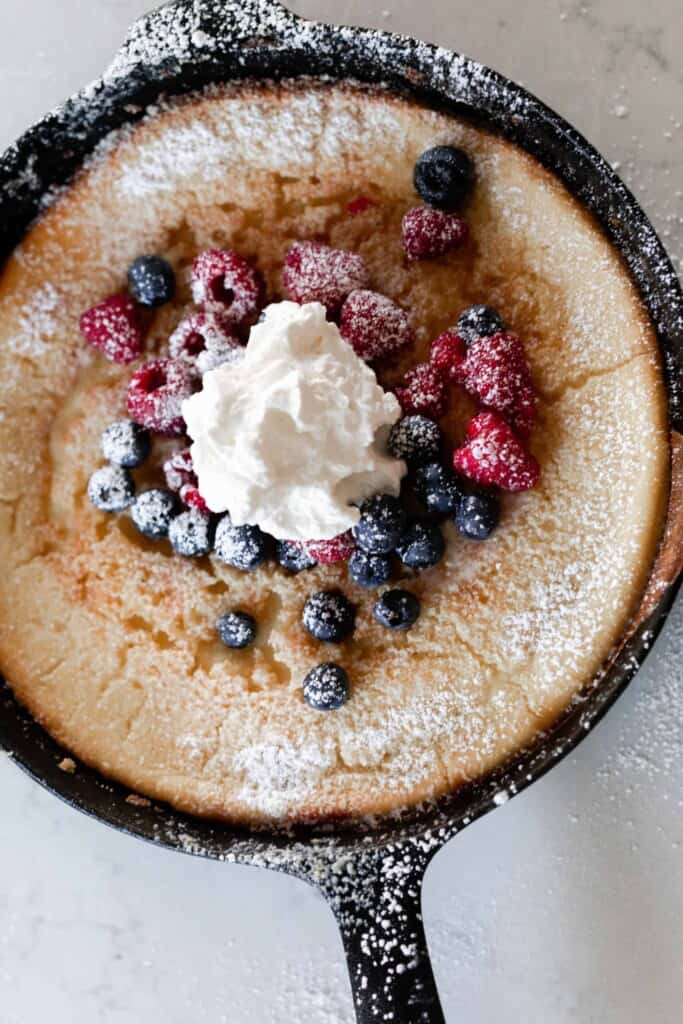
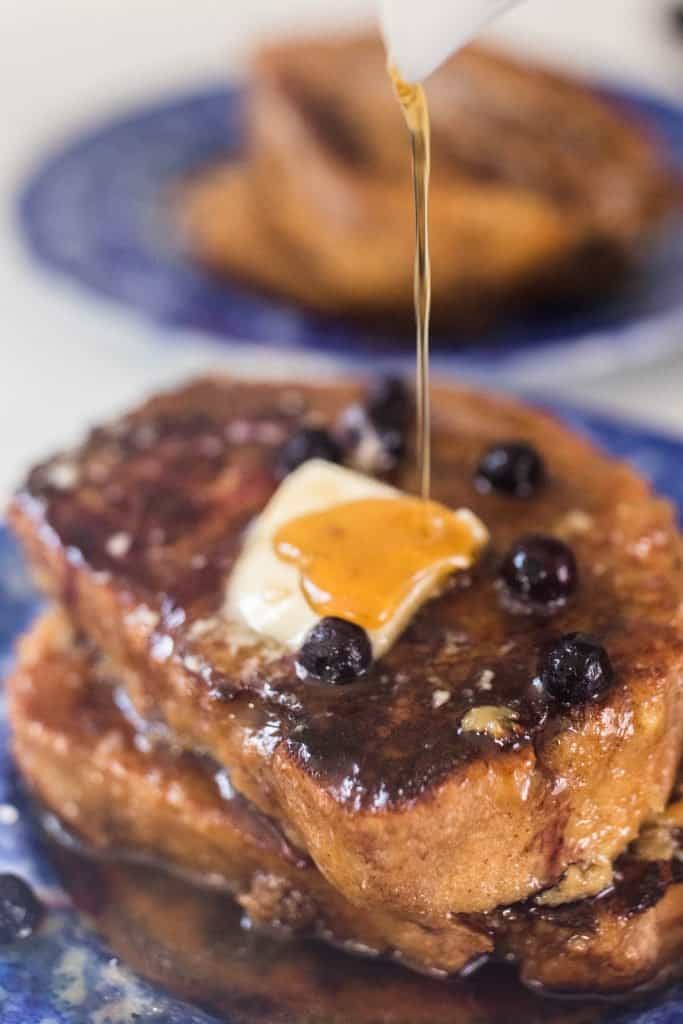
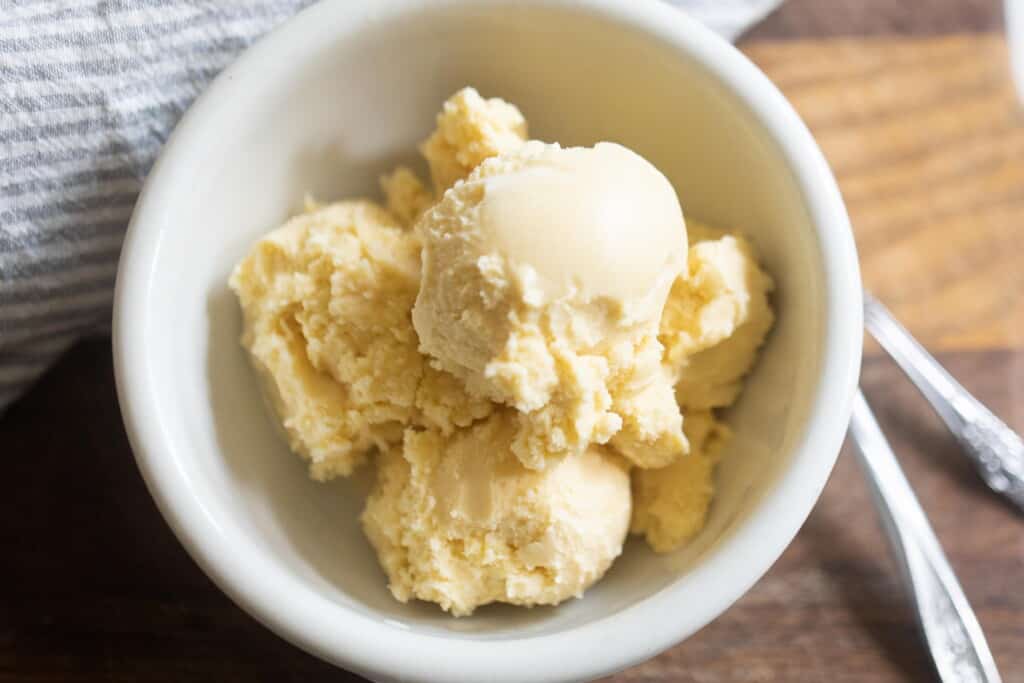
Preserving Eggs
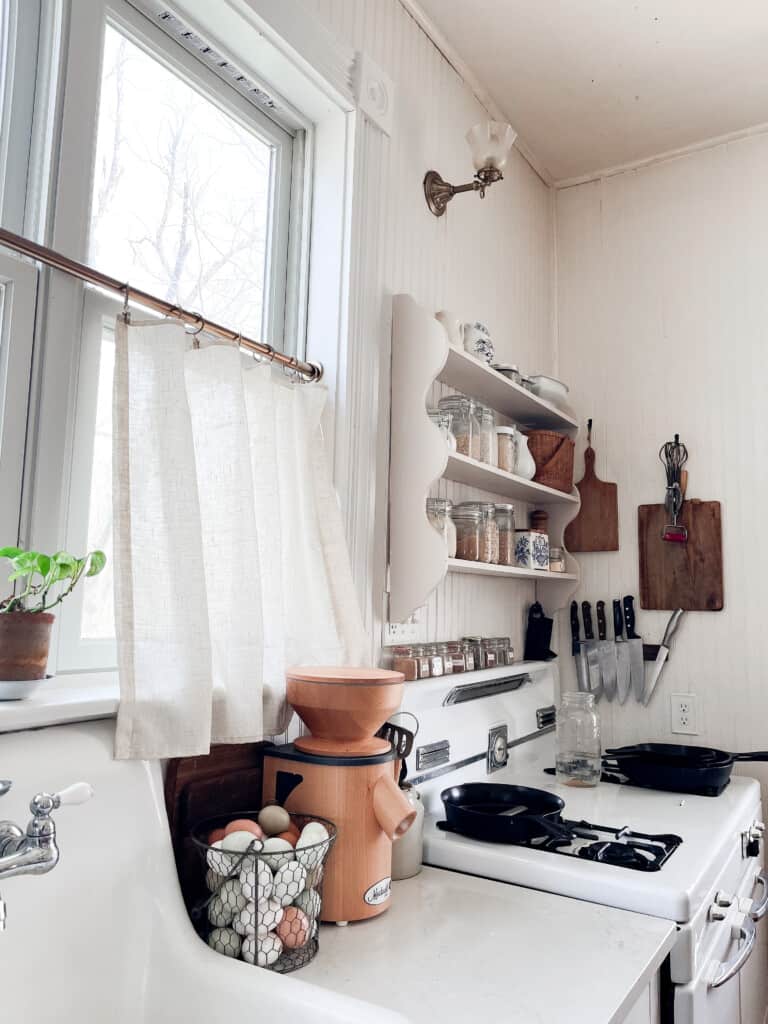
How To Freeze Eggs:
Crack one egg into each muffin tin well.
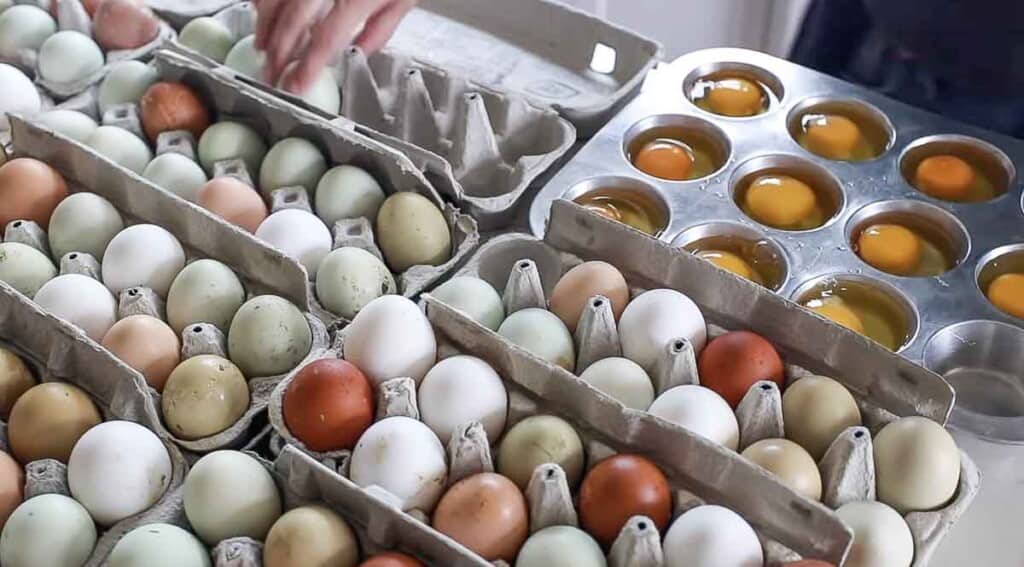
Sprinkle each egg with either a small pinch of sugar or a tiny pink of salt.
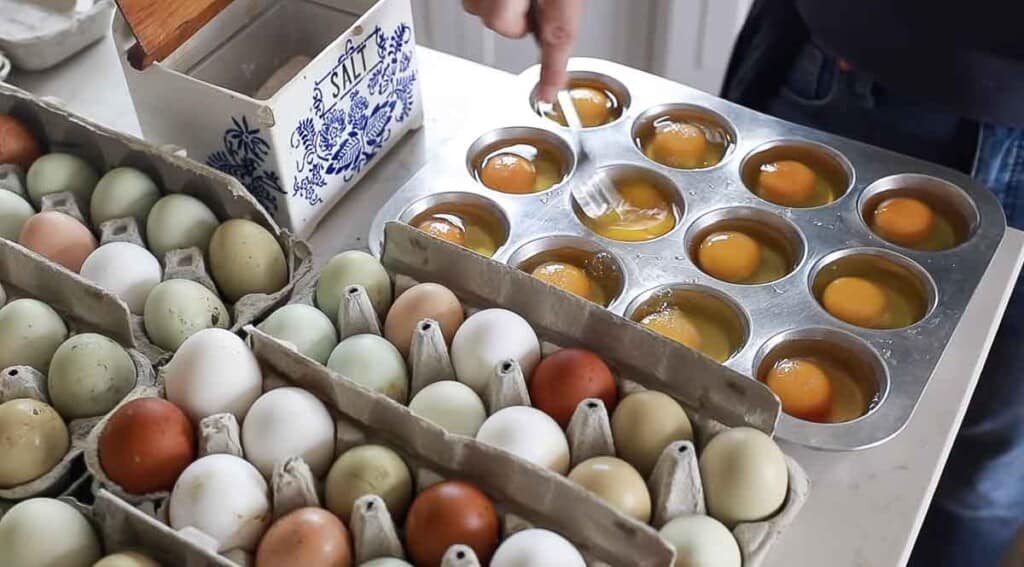
Scramble in the well.
Place in the freezer for a few hours until completely solid.
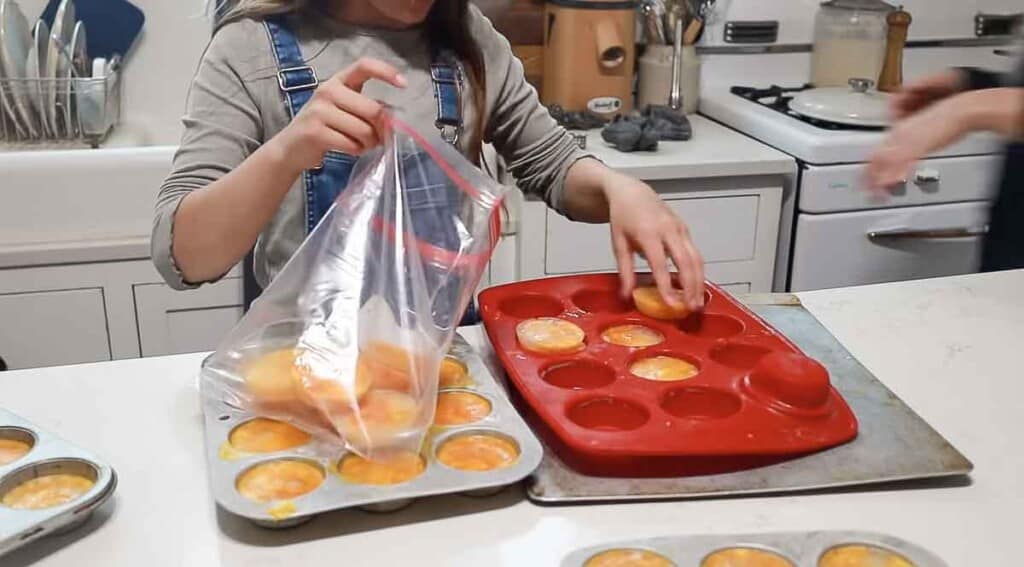
Pop out and place in a freezer safe plastic bag or airtight container. Label whether they have salt or sugar.
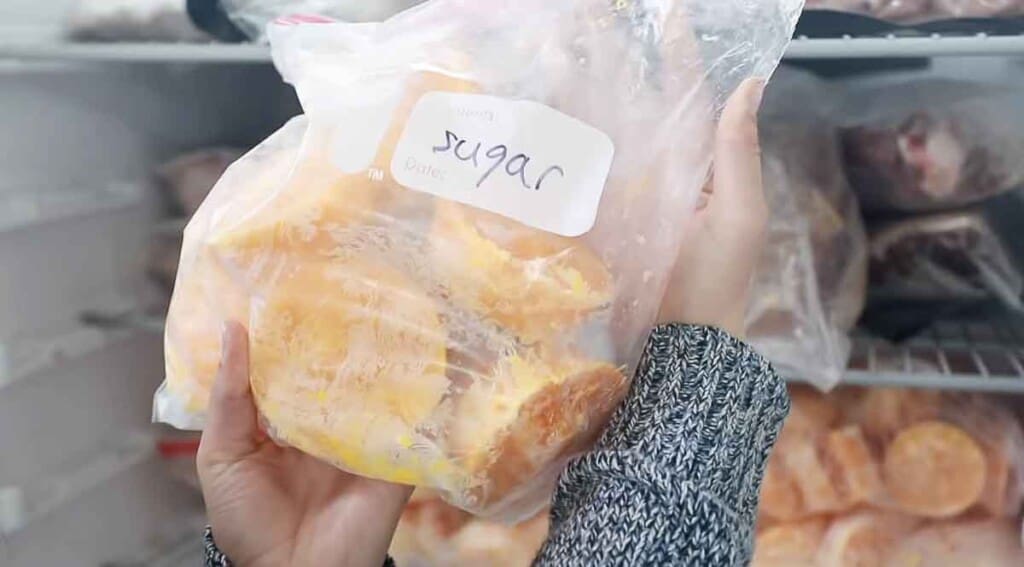
Return to the freezer until ready to use.
Tips For Freezing Eggs:
- Originally my idea was to just scramble them and throw them in a plastic bag in the freezer. Which is what I’ve done in the past, but this makes it hard when using it in recipes, and you have to thaw out the whole bag.
- Then my husband suggested ice cube trays. That seemed too small, so my next thought was muffin tins so that is what we did.
- This was the perfect size. It easily froze one egg at a time so one egg can be popped out at a time for baking.
- The yolks last better and don’t get as gummy if you add a sprinkle of salt or sugar to the eggs before freezing.
- Silicone muffin tins work much better than the metal ones. They just pop out. If you are using the metal muffin tins, just run a bit of hot water on the bottom and then they should pop out easily with a butter knife.
Freeze Drying
Freeze drying is a great way to preserve eggs. Not only will they last years, but they take up little space in the pantry. The only downfall is that you need a freeze dryer which can cost a pretty penny.
To Freeze Dry Eggs:
Crack eggs into a larger bowl or blender and blend them until smooth.
Pour into the freeze drying trays and freeze in the freezer for 2-3 hours or overnight.
The next day, place into the freeze dryer and dry according to instructions for 24+ hours or until they are completely dry.
Run them through a food processor until a fine powder is created.
Store in a jar or mylar bag with an oxygen absorber.
Water Glassing
This is a method that is newer to me, but it is a way to keep raw eggs fresh fo 12 to 18 months. It is a great way to save eggs during times of abundance and then have them ready for scramble eggs, baking, quiche, what have you during the winter months.
What you need is:
Clean farm fresh eggs that have zero poop or dirt on them and are not washed. They need to still have their bloom on them. Store-bought eggs will not work as they have been washed.
Hydrated lime
Water – room temperature. Filtered or distilled is preferred especially if you have city water.
Clean glass jar
Gloves – lime can be hard on your skin so wearing gloves is important.
How To Water Glass Eggs
This will depend on the amount of eggs you have, but the ratio is 1 oz of lime to every 8 oz of water.
Add lime to your clean container, add water and whisk together until dissolved.
Gently add the unwashed eggs to the lime water, you want to try to point the small end down once you are able to align them.
Cover with a lid and store in a cool dark place.
When you go to use the eggs, just pick out as many as desired and wash off the lime solution. You do not want to be ingesting the lime solution. It is not good for you, but the eggs are coated with a bloom that protects them.
Tips:
- It is normal for the lime to settle on the bottom.
- You will know if your eggs are bad. They will smell bad and the water will look gross.
- Use gloves when dealing with lime because it will dry them out.
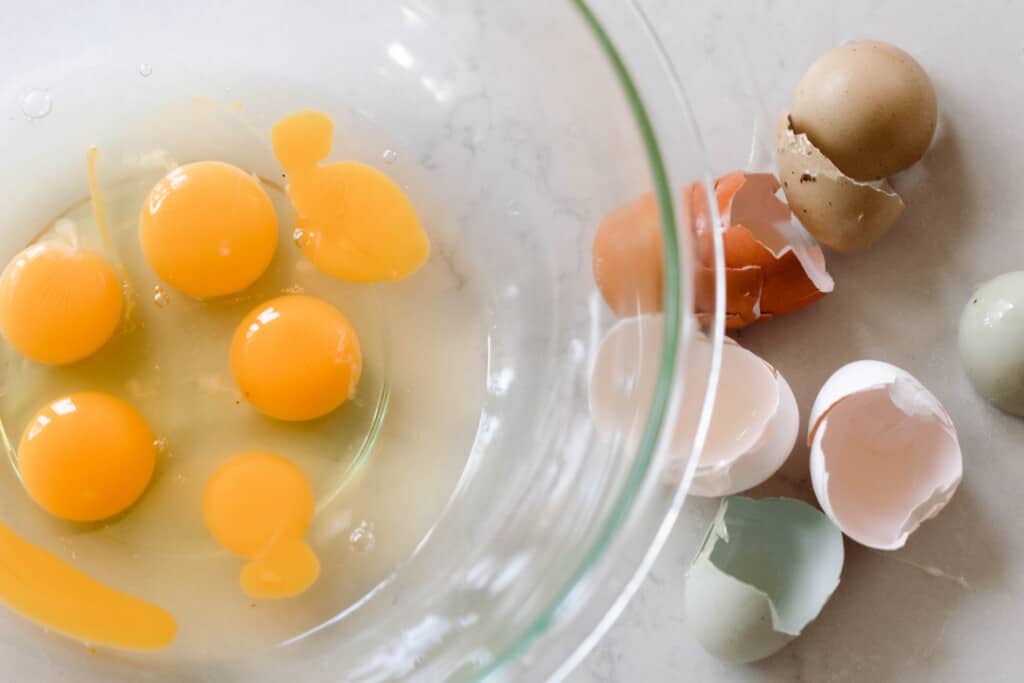
Dehydrating
This is only safe if you cook the eggs first. Some will say that you can dehydrate raw eggs, but eggs have to reach a certain temperature to kill salmonella. But then again people make homemade pasta with raw eggs, that air dry and then are stored for a year.
Once dehydrated, they will last in a cool dark place for about a year. To use, you will want to use 1 tbs of dehydrated eggs with 1-2 tbs water. This works best in baked recipes and rehydrating them to use for scrambled eggs may have some undesirable results.
Scramble them and cook.
Place in the dehydrator and cook for 10-15 hours at 145 degrees.
Once dehydrated, place in a food processor or blender and blend into a powder.
Pickling
This is the process of hard boiling, peeling the shell, and then submerging the eggs in a vinegar brine that is stored in the refrigerator. They normally last about 3-4 months.
You can find a recipe for pickled eggs here.
Pasta
While this doesn’t take a ton of eggs, you could easily make large batches of pasta to dry and store for months. You can find my sourdough pasta recipe here or this quicker einkorn pasta recipe here.





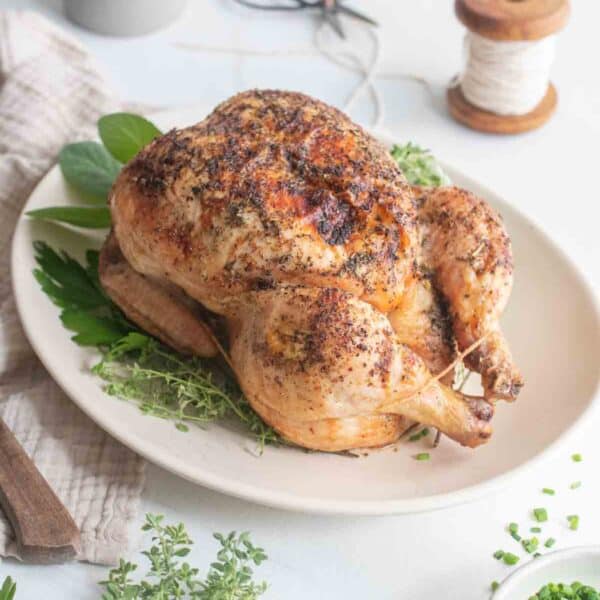
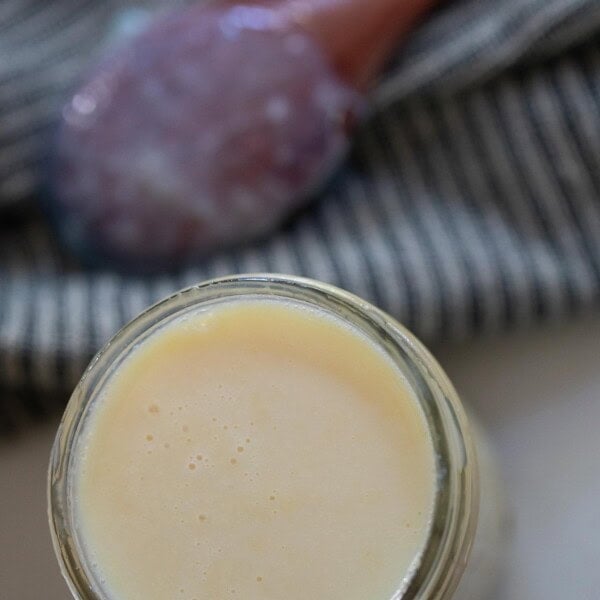
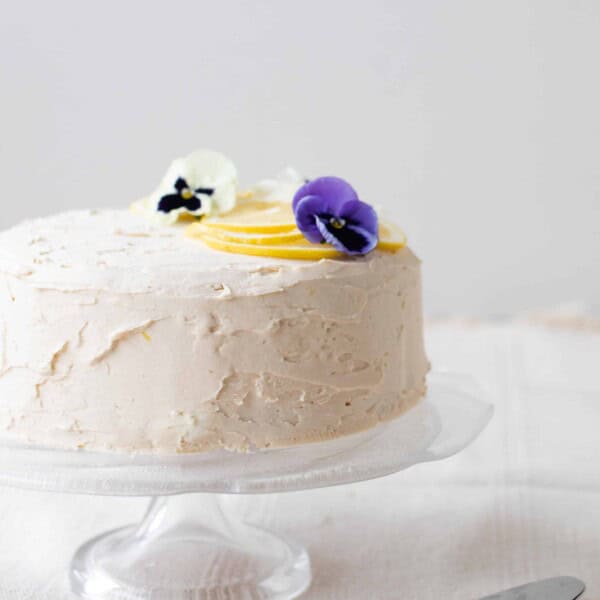
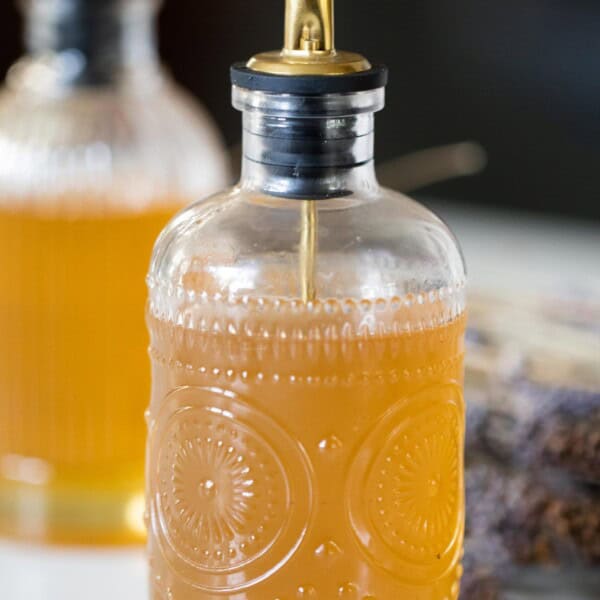






How do you use the frozen scrambled eggs?
Is the umm scrambling just a minimal stir, or full on?
Have 2 doz farm fresh eggs from sister, but goofed and refrigerated, so too late to water-glass but want to preserve.
I love all of your recipes and posts. I have learned so much from you! Question on the lime preserved eggs……do you think I could make sure my eggs are good (do the water test to make sure they don’t float). If so, could I rinse them off well, blend them in a mixer and then freeze dry them? When I preserved my eggs, I didn’t have a freeze dryer and now I do. They have been in the lime solution for 1.5-2 yrs. Thoughts?
Also, do you have a trick to get the lime residue out of the mason jars?
Thanks Lisa!